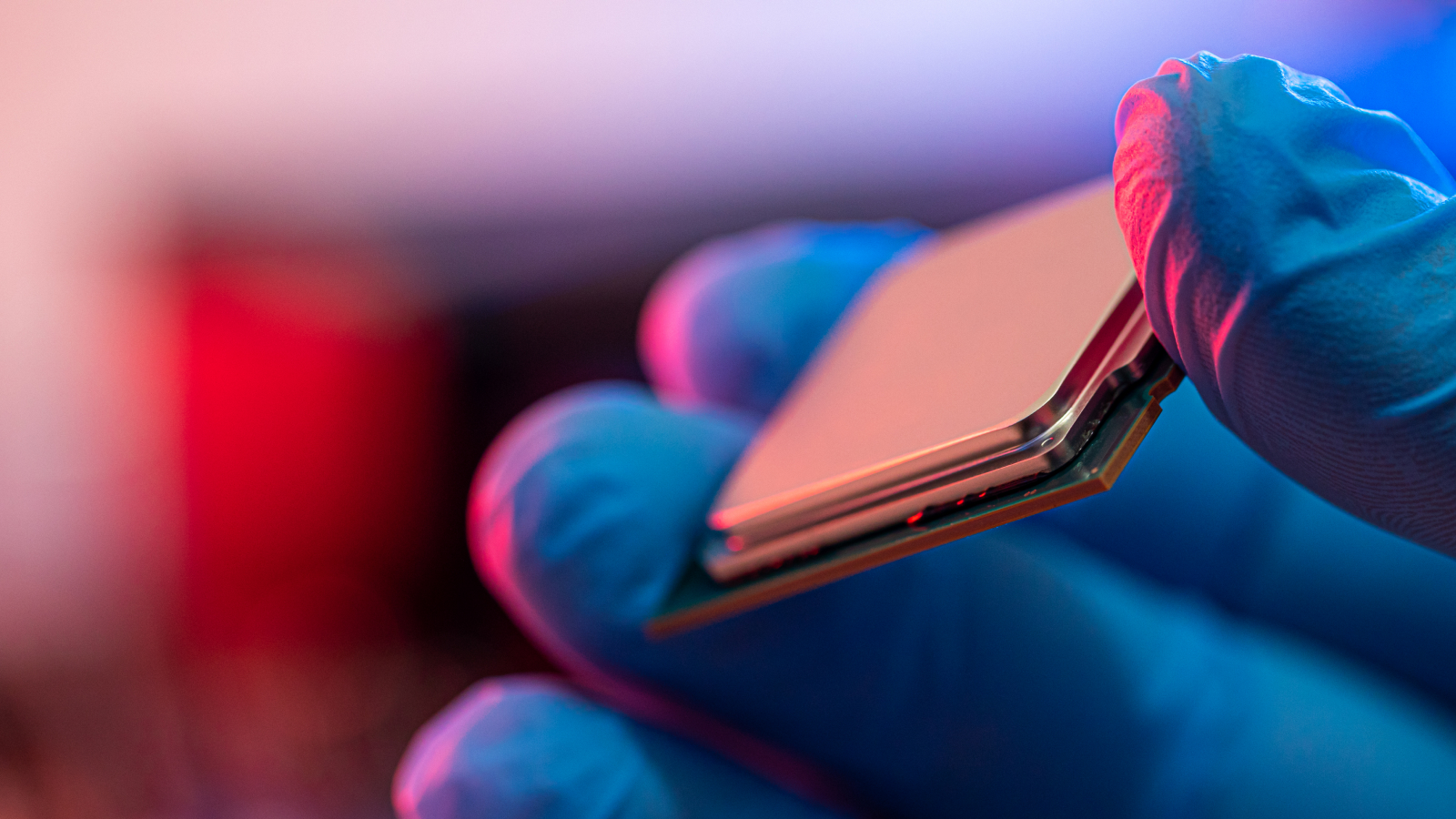Now Reading: China Unveils 2D Transistor for Next-Gen Fastest Processors
-
01
China Unveils 2D Transistor for Next-Gen Fastest Processors
China Unveils 2D Transistor for Next-Gen Fastest Processors

Fast Summary
- Researchers in China have developed a new silicon-free transistor based on bismuth oxyselenide, which may outperform current silicon technologies.
- The novel transistor, designed using gate-all-around field-effect transistor (GAAFET) architecture, offers better electrostatic control and increased efficiency.
- Chips using this technology could achieve up to 40% higher performance while consuming 10% less energy compared to top-tier silicon processors from companies like Intel.
- The material provides advantages such as higher carrier mobility, versatility, and a high dielectric constant.
- This innovation may enable faster chip designs and reduce dependence on restricted advanced chips due to US-imposed sanctions.
- Lead researcher Hailin Peng described the development as “changing lanes” rather then minor improvements in current chip technologies.
Indian opinion Analysis
China’s breakthrough in silicon-free transistors has implications for global semiconductor manufacturing dynamics, including India’s aspirations in high-tech industries. If proven scalable, such technology could disrupt markets traditionally dominated by US firms like Intel and create geopolitical shifts in tech supply chains-especially amid ongoing sanctions impacting China’s access to advanced chips.
India must assess what this advancement means for its own semiconductor initiatives under campaigns like “Make in India” and consider collaborations or investments into alternative materials research. Moreover, stronger domestic innovation is critical if India seeks to avoid reliance on external suppliers for emerging technologies integral to strategic sectors like defense and telecommunications.























